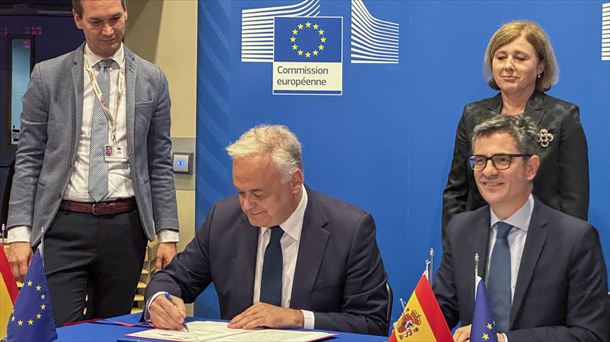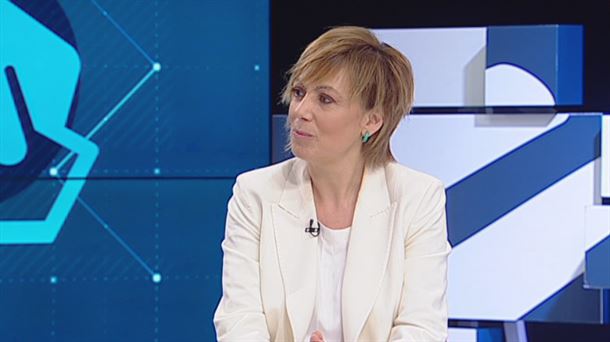Former Foreign Minister Karin Kneissl has now responded to political pressure for her commitment to Russia and has resigned from her position on the supervisory board of state oil company Rosneft. She follows the former German Chancellor Gerhard Schröder, whose resignation at Rosneft was announced last week.
Kneissl’s personal relations with Putin are known for his appearance at their wedding in Styria in 2018. The former top politician has long been a thorn in the side of the EU: only in March was she placed on the ‘blacklist’ for disinformation, targeted destabilization of western democracies and influence from abroad. Meanwhile, Kneissl explained that her life had “already been destroyed.” Most recently, the EU parliament voted in favor of sanctions against Kneissl and Schröder.
The further tightening of existing sanctions is intended to increase pressure on former European politicians who continue to work for Russian energy companies. In a draft resolution, the EU parliament urged Schröder and Kneissl to resign from their positions in Russian companies. However, Member States have the final say on such sanctions. Parliament’s move is likely to increase pressure on the responsible European Commission President Ursula von der Leyen and the Commissioner for Foreign Affairs Josep Borrell to submit a proposal for the inclusion of Kneissl and Schröder on the EU sanctions list.
Source: Krone
I’m an experienced news author and editor based in New York City. I specialize in covering healthcare news stories for Today Times Live, helping to keep readers informed on the latest developments related to the industry. I have a deep understanding of medical topics, including emerging treatments and drugs, the changing laws that regulate healthcare providers, and other matters that affect public health.



